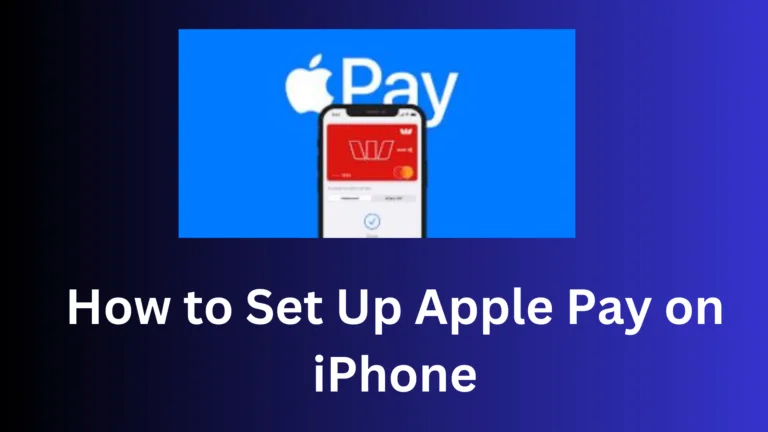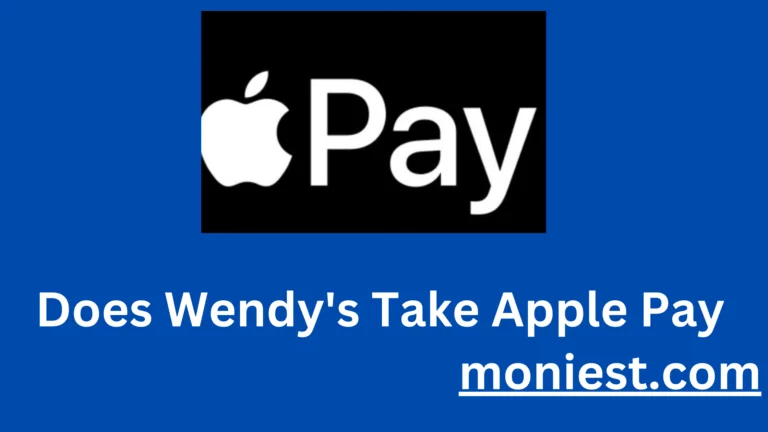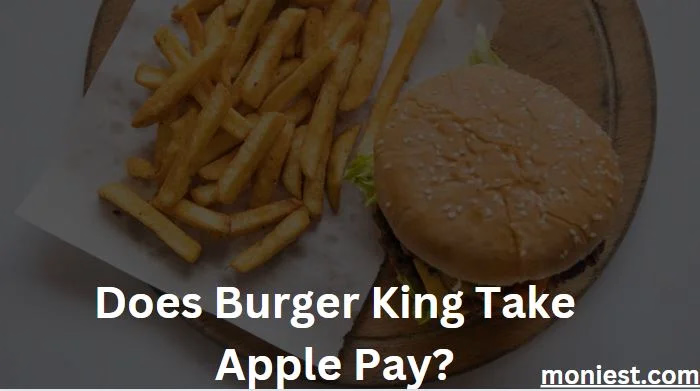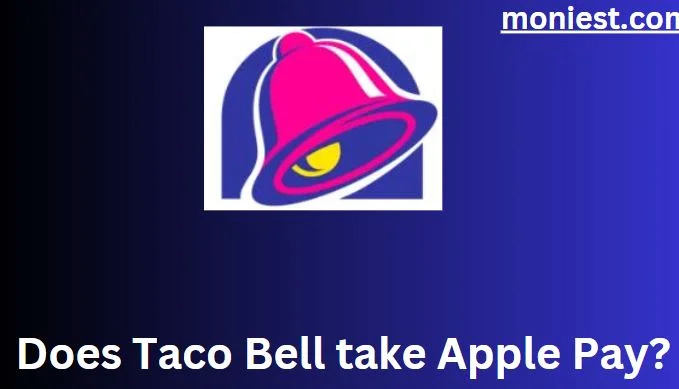How to Set Up a Cash App Account (A Complete Guide)
Ready to step into the world of modern finance? Have you ever wondered how to harness the full potential of digital transactions? Look no further. This article will explain the process of setting up a Cash App account.
Cash App is your answer if you are tired of the endless paperwork, long waiting times, and outdated banking methods. But where do you begin? How can you create your Cash App account and unlock the future of financial convenience? Join us as we delve into How to set up a cash app account. We’ve got you covered, from downloading the app to securing your transactions.
What is a Cash App Account?
A Cash App account is a digital wallet enabling users to transfer and receive funds, make purchases, and invest. It is famous for people who want a convenient and affordable way to manage their money.
The Requirements For Cash App
To create a Cash App account, you must meet the following requirements:
- Be a resident of the United States or the United Kingdom.
- Be at least 13 years old (with a sponsored account) or 18 years old.
- Have a valid email address and phone number.
- Have a valid US or UK bank account or debit card.
How to Set Up a Cash App Account
To set up a Cash App account, follow these steps:
- Download the Cash App app from the App Store or Google Play.
- Open the app and tap “Create Account.”
- key in your full name, email address, and phone number.
- Create a Cashtag, a unique username you will use to send and receive money.
- Link your bank account or debit card.
- Key in a verification code sent to your phone or email address.
Once you have finished these steps, your Cash App account will be set up, and you can start using it.
Read Also:
- How to Transfer Money From Cash App to Bank
- How to Track Your Cash App Card: A Complete Guide
- How to Stop Cash App from Canceling Payments: A Comprehensive Guide
- How to Change Cash App Password (A Simple Guide)
- Cash App Family Account: How to Create and Add Members
Cash App Sign-up Without App
To create a Cash App account, you must use the mobile app. Cash App mandates that users download and establish an account by providing their phone number and email address. This process is essential for Cash App to verify user identities and confirm their eligibility to access the service.
The Pros and Cons of Cash App
Pros of Cash App
- Convenient: Cash App offers a hassle-free method for sending and receiving money, eliminating the need for cash or checks. With Cash App, you can effortlessly send funds to loved ones, divide expenses with your roommates, and easily make online or in-store purchases.
- Swift Transactions: Cash App transactions are known for their speedy processing, allowing you to send and receive money in a near-instantaneous fashion.
- Security: Cash App employs a range of security features designed to safeguard user accounts and financial data. These safeguards encompass PIN protection, two-factor authentication, and vigilant fraud monitoring.
- Fees: Cash App offers cost-effective services with notably low costs. For instance, sending and receiving money from fellow Cash App users is free.
Cons of Cash App
- Limited capabilities: Cash App functions as a mobile payment service, and as such, it does not provide the full array of features available with a traditional bank account. For instance, you won’t be able to make cash or check deposits or obtain loans through Cash App.
- Customer support: Some users have reported having difficulty getting customer support from Cash App.
- Scams: Cash App is a popular target for scammers. It is essential to be careful about whom you share your Cashtag or phone number with and never to give out your Cash App PIN to anyone.
Do You Need a Bank Account For Cash Apps?
You do not need a bank account to create a Cash App account. However, you’ll require a bank account or debit card to fund your Cash App balance. Moreover, Cash App enables you to receive money from fellow Cash App users, even without a linked bank account.
Does It Cost Money to Set Up a Cash App Account?
No, setting up a Cash App account does not cost money. It is free to download the app and create an account. Cash App also allows sending and receiving money from other users without incurring any fees.
However, there are some fees associated with certain Cash App features, such as:
- Instant Deposits: Cash App charges a fee of 0.5%-1.75%, with a minimum fee of $0.25, to instantly deposit funds from a check into your Cash App balance.
- Cash Card withdrawals: Cash App charges a fee of $2.50 for each ATM withdrawal made using your Cash Card.
- Bitcoin transactions: Cash App charges a fee for buying, selling, and sending Bitcoin.
Is It Safe to Link My Bank Account to Cash App?
Securely linking your bank account to Cash App is a straightforward procedure. Cash App employs various security measures to safeguard user accounts and financial data. These measures encompass:
- Encryption: Cash App employs encryption to secure all data transmitted between your mobile device and its servers.
- Fraud detection: Cash App utilizes advanced fraud detection technology to monitor and identify suspicious activity on user accounts actively.
- Two-factor authentication: For enhanced security, Cash App provides the option for two-factor authentication, which adds a layer of protection to your account.
Why Does Cash App Need My SSN?
Cash App needs your Social Security number (SSN) for a few reasons:
- To verify your identity: Cash App is a financial services company, and as such, it is subject to various regulations. These regulations require Cash App to verify its users’ identity and take steps to prevent fraud.
- To comply with tax laws: Cash App must report certain transactions to the Internal Revenue Service (IRS). Your SSN allows Cash App to report these transactions to the IRS accurately.
- To prevent fraud: Cash App uses your SSN to verify your identity and to help prevent fraudulent activity. For example, Cash App may use your SSN to flag suspicious transactions or to prevent someone from opening multiple accounts under your name.
Cash App takes the security of your SSN very seriously. Your SSN is encrypted and stored securely. Cash App also uses other security measures to protect your personal and financial information.
Final Thought
Creating a Cash App account is more than just a registration process; it’s your gateway to a future of convenience, efficiency, and financial empowerment. Cash App offers various features that make managing your finances easy, from sending money to investing in stocks.
So, seize the opportunity to simplify your financial life and take the first step toward a more convenient and efficient way of handling money.



